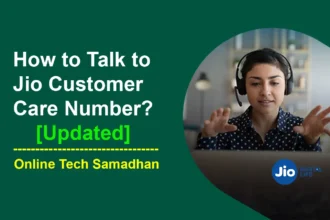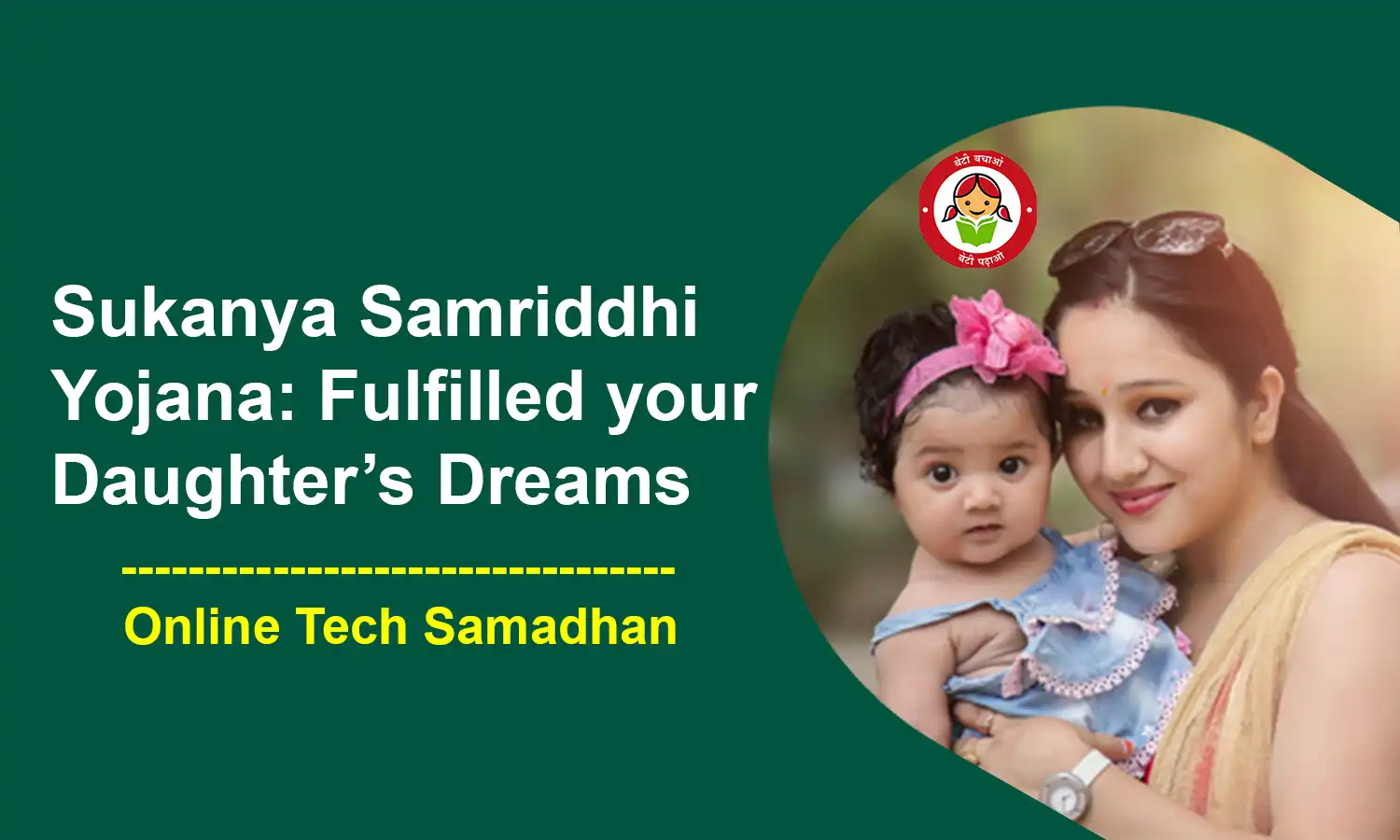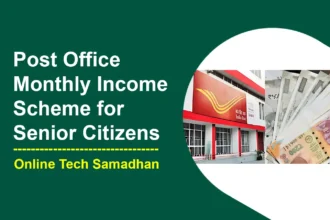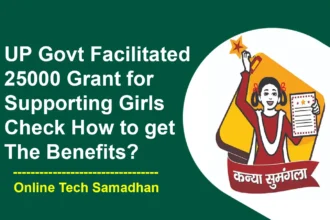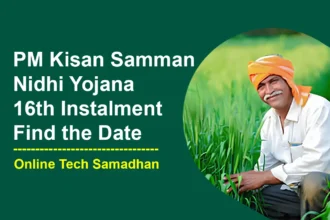Secure Your Daughter’s Future with Sukanya Samriddhi Yojana
The Sukanya Samriddhi Yojana is a government-backed savings program that aims to secure the financial future of the girl child in India. Launched as part of the ‘Beti Bachao Beti Padhao’ initiative, this scheme offers attractive interest rates, tax benefits, and flexibility to parents or guardians who invest in it for their daughters. Sukanya Samriddhi Yojana focuses on girl empowerment and the promotion of gender equality and has gained popularity as a sound investment option to ensure funding of education and marriage expenses of a girl child. In this article, we take a closer look at the features, benefits, and eligibility criteria of Sukanya Samriddhi Yojana and find out why it has become a favorite choice of many families in India.
What is Sukanya Samriddhi Yojana (SSY)?
Sukanya Samriddhi Yojana (SSY) is a savings scheme launched by the Government of India under the “Beti Bachao Beti Padhao” initiative, with the goal of empowering the girl child and ensuring her financial security. It is a small deposit savings scheme that offers attractive interest rates and tax benefits to encourage parents or guardians to save for their daughter’s future expenses, such as education, marriage, or other financial needs.
Eligibility criteria for Sukanya Samriddhi Yojana
- Parents or legal guardians of the girl child can open a Sukanya Samriddhi Account.
- The parents or guardians must be permanent residents of India.
- Girls below 10 years of age can open an account under this scheme and deposit money.
- Only girls from a family can open accounts under this scheme. However, if a family has twins after having one girl child, separate accounts can be opened for the twins.
Required Documents for Sukanya Samriddhi Yojana Scheme
- Birth certificate of the girl child
- Photo ID of the applicant’s parent or legal guardian
- Address proof of the applicant’s parent or legal guardian
- Other KYC proofs such as PAN card and Voter ID
- SSY account opening form
- Medical certificate in case of multiple children born under one order of birth
- Any other documents requested by the bank or post office.
How to Apply for Sukanya Samriddhi Yojana (SSY)?
To apply for Sukanya Samriddhi Yojana (SSY), follow these simple steps:
You May Love To Read
- What Happens If You Have 2 PAN Cards with Different Numbers?
- Now Girls will Get 25000 Grant with Kanya Sumangala Yojana by UP Govt 2024
- How to Set Primary Account in PhonePe: Step-by-Step Guide
- How to Authorize Apple Music on MacBook: An Expert Guide
- Ayushman Card Registration Process Benefits and Eligibility
- Visit your nearest post office or designated bank branch.
- Collect the Sukanya Samriddhi Yojana account opening form and fill in all the required details, such as the girl’s child’s name, date of birth, address, and contact information.
- Attach the necessary documents, including the girl child’s birth certificate, proof of identity and address of the parent or guardian, and a passport-sized photograph of the girl child.
- Submit the completed Sukanya Samriddhi Yojana application form along with the required documents to the post office or bank branch.
- Deposit the minimum initial amount of Rs. 250 in cash or through a demand draft (DD) in favor of the “Sukanya Samriddhi Account” along with the application form.
- Once your application is processed and approved, you will receive a passbook containing all the details of the SSY account, including the account number, name of the account holder, and the amount deposited.
Sukanya Samriddhi Yojana Benefits
Sukanya Samriddhi Yojana (SSY) offers several benefits, making it an attractive investment option for parents or guardians who want to secure their daughter’s financial future. Some of the main benefits of SSY are:
High-Interest Rates
SSY offers one of the highest interest rates among small savings schemes in India. The government periodically reviews the interest rate and raises it every year. As of April 2023, SSY’s current annual interest rate is 7.6%, which is higher than most fixed deposits and savings accounts offered by banks.
Tax incentives
One of the important benefits of SSY is the tax benefits it offers. Contributions made to the SSY account are deductible under Section 80C of the Income Tax Act up to a ceiling of Rs. 1.5 million for the financial year. Plus, the accrued interest and maturity are tax-free, so it’s a tax-efficient savings option.
Long Tenure
SSY has a long tenure of 21 years from the time the account is opened or till the marriage of the girl, whichever is earlier. This allows the interest to compound over a longer period of time, resulting in a higher ROI.
Flexibility in deposits
SSY offers flexibility in depositing money into the account. The minimum deposit required is Rs. 250 and the maximum deposit allowed is Rs. 1.5 million in the fiscal year. Parents or guardians can make deposits in multiples of Rs. 100, and the number of deposits made in a financial year is not limited, if the total amount does not exceed the maximum limit.
Account portability
SSY accounts can be easily transferred from one post office or bank branch to another or from one city to another without any hassle. This increases convenience and eases access for account holders, especially when on the move.
Partial withdrawals
SSY allows partial withdrawal after the girl attains the age of 18 or gets married, whichever is earlier. The payout amount is limited to 50 percent of the balance at the end of the previous fiscal year. This provides flexibility to meet unexpected financial requirements and still keep the account active for the remainder of the term.
How does Sukanya Samriddhi Yojana (SSY) Outperforms Other Investment Options?
- SSY offers one of the highest interest rates compared to other small savings schemes, providing higher returns on investment over the long term.
- SSY offers tax benefits on contributions, interest earned, and maturity amount, making it a tax-efficient savings option compared to other traditional investment options. This can result in significant savings on taxes.
- SSY has a longer tenure of 21 years, allowing for longer compounding of interest, which can result in higher overall returns compared to shorter-term investment options.
- SSY offers flexibility in deposit amounts and frequency, allowing parents or guardians to contribute as per their financial capabilities. This makes it accessible and adaptable to individual financial situations, unlike fixed deposits or other investment options with fixed deposit amounts.
- SSY allows for easy transfer of the account, providing convenience in case of relocation or other reasons. This feature is not available in many other investment options, making SSY more convenient and user-friendly.
- SSY allows for partial withdrawals after the girl child attains the age of 18 years, providing liquidity for any unforeseen financial needs. This feature offers flexibility and financial security in case of emergencies, which may not be possible in many other long-term investment options.
Basic Terms and Conditions of Sukanya Samriddhi Yojana
Here are the terms and conditions of the Sukanya Samriddhi Yojana summarized in a simple point list:
You May Love To Read
Account Opening:
- The account can be opened by parents before the girl child reaches 10 years of age.
- Only one account per girl child can be opened.
- Only two daughters per family can avail of this scheme, except in the case of twin or triplet daughters.
Minimum and Maximum Deposit:
- The minimum account opening amount is Rs. 250.
- The minimum annual investment is Rs. 250.
- The maximum investment amount is Rs. 150,000.
Account Management:
- The account is managed by the guardian of the account holder till the girl child attains 18 years of age.
- The account can be opened at the post office or bank.
- Important documents required for account opening include Form-1, the daughter’s birth certificate, and the parent’s PAN card and Aadhaar number.
Maturity, Tax Benefits, and Interest Rates:
- Account matures after 21 years of opening or when the girl child attains 18 years of age at the time of marriage.
- Interest rate is notified by the government on a quarterly basis, currently at 7.6% (as of January 2021 to March 2021).
- Investments made under this scheme are tax-free under Section 80C of the Income Tax Act.
- Interest and maturity amounts received are also tax-free.
Premature Closure of Accounts:
- The account can be closed prematurely after 5 years of account opening.
- The Account can also be closed in case of death of the account holder, life-threatening disease of the account holder, or death of the guardian who operates the account.
Withdrawal from Sukanya Samriddhi Account:
- The Maximum of 50% of the balance available at the end of the previous financial year can be withdrawn for the education of the girl child.
- Withdrawal can be done on completion of 18 years of the girl child or after passing 10th standard, whichever is earlier.
- Withdrawal can be made in one go or in installments.
Basic Guidelines on Sukanya Samriddhi Yojana
- Sukanya Samriddhi Yojana aims to ensure a brighter future for the girl child in India.
- Deduction under Section 80C of the Income Tax Act is provided.
- The Account is opened in the name of the daughter before she reaches 10 years of age.
- The Account is managed by the girl child’s parents till she attains 18 years of age.
- Minimum investment of Rs. 250 per year is required to open an account.
- Defaulted accounts can be reopened within 15 years by depositing a minimum amount of Rs. 250 for each year of default.
- Interest of 7.6% is provided by the government on the investment amount.
- 50% of the amount can be withdrawn before maturity for the education of the girl child and 50% after she completes 18 years of age.
- Account can be closed when the girl gets married.
Conclusion
Sukanya Samriddhi Yojana (SSY) is a government-backed savings scheme that offers attractive interest rates, tax benefits, flexibility in terms of deposits and long tenure, making it an attractive investment option for parents or guardians who want to secure their daughter’s financial future. With its unique features and benefits, SSY surpasses other investment options and offers a complete solution to save and invest a girl’s future expenses. We encourage you to explore SSY in more detail and use this beneficial scheme to promote your daughter’s financial well-being.
FAQs
Who can open an SSY account?
Parents or guardians of a girl child who is below the age of 10 years can open an SSY account in her name. Only one SSY account is allowed per girl child.
What is the minimum and maximum deposit limit for an SSY account?
The minimum deposit limit for an SSY account is Rs. 250, and the maximum deposit limit is Rs. 1.5 lakh in a financial year.
What is the tenure of an SSY account?
The tenure of an SSY account is 21 years from the date of opening the account or until the girl child gets married, whichever is earlier.
What is the interest rate offered on SSY accounts?
The interest rate on SSY accounts is reviewed and declared by the government on a quarterly basis. As of the knowledge cutoff date, the interest rate for SSY accounts is 7.6% per annum compounded annually.
Is there any tax benefit associated with SSY?
Yes, contributions made towards SSY accounts are eligible for tax deductions under Section 80C of the Income Tax Act, and the interest earned and maturity amount are tax-exempt.
Can partial withdrawals be made from SSY accounts?
Yes, partial withdrawals up to 50% of the account balance are allowed after the girl child attains the age of 18 years for the purpose of her higher education or marriage.
Can SSY accounts be transferred to another location?
Yes, SSY accounts can be transferred to another post office or bank branch, providing convenience in case of relocation or other reasons.
What happens if the SSY account is not operated or contributions are not made regularly?
If the SSY account is not operated or contributions are not made regularly, the account may become inactive, and a penalty may be levied to reactivate the account.



